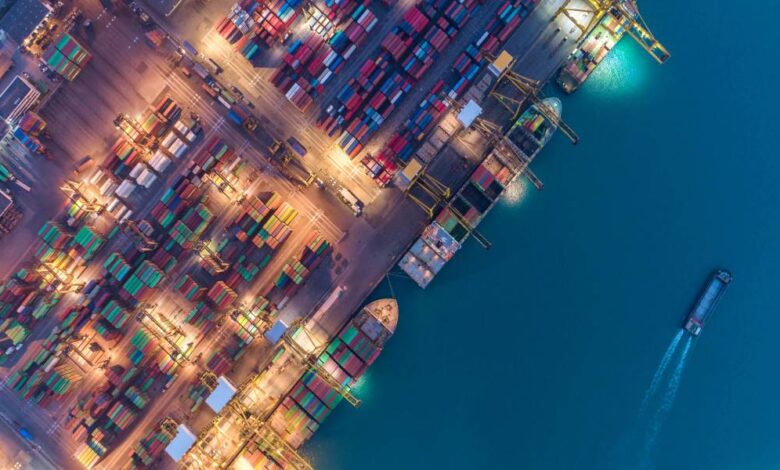The Effect Trade Tariffs Have on Global Supply Chains

Trade tariffs have become a focal point in global economics, significantly impacting international business operations. These taxes levied on imported goods can shift the landscape of supply chains across the world. With recent changes in trade policies, understanding tariffs and their ripple effects has become more crucial than ever for businesses engaged in international trade. Continue reading to explore the effect trade tariffs have on global supply chains.
Decoding Trade Tariffs
Trade tariffs serve as financial charges on imports, influencing the cost and competitiveness of goods. They come in various forms, such as ad valorem tariffs, which are based on a percentage of the item’s value, and specific tariffs, which are fixed fees per unit.
Historically, nations have used tariffs to protect domestic industries from foreign competition and to generate revenue. Global trade has seen fluctuating tariff policies in recent decades as countries strive to balance protectionism and free trade.
Challenges for Global Supply Chains
Trade tariffs can disrupt global supply chains by increasing the cost of imported goods, leading to price hikes and potential shortages. Recent tariff shifts have notably affected industries like automotive, technology, and agriculture.
For instance, the imposition of tariffs on steel and aluminum has strained manufacturing supply chains, causing delays and increased production costs. These disruptions force businesses to reevaluate their strategies to maintain smooth operations and minimize losses.
Navigating Tariff-Induced Challenges
Businesses are proactively adapting to the challenges posed by tariffs through several strategies. One such approach involves diversifying sourcing options to mitigate risks associated with relying on a single country or region. Companies are exploring alternative suppliers and regions to maintain a steady flow of materials.
Some organizations are regionalizing their supply chains, bringing production closer to consumer markets to reduce tariffs’ impact. By taking these steps, businesses can safeguard against tariff-induced disruptions.
Leveraging Technology for Efficiency
Technology plays an increasingly vital role in helping businesses manage the effects of trade tariffs. Advanced software and data analytics tools enable companies to optimize their supply chains and enhance decision-making processes.
These technologies facilitate real-time tracking of shipments, allowing businesses to respond swiftly to potential delays or changes in tariff regulations. By harnessing technological advancements, companies can better align with the complexities of global supply chains, especially when there are different global transport services involved.
Forecasting the Future of Tariffs
The long-term effects of trade tariffs on global supply chains remain uncertain, but potential shifts in trade dynamics are evident. Analysts predict continued tariff fluctuations could lead to increased regional trade agreements and reevaluate global trade partnerships. Businesses must stay vigilant and adaptable to these changes, as they could reshape the competitive landscape and influence strategic decisions.
Trade tariffs wield significant influence over global supply chains, necessitating careful consideration by businesses engaged in international trade. Companies can better position themselves to thrive in an evolving economic landscape by understanding tariffs’ implications and adopting adaptive strategies.





